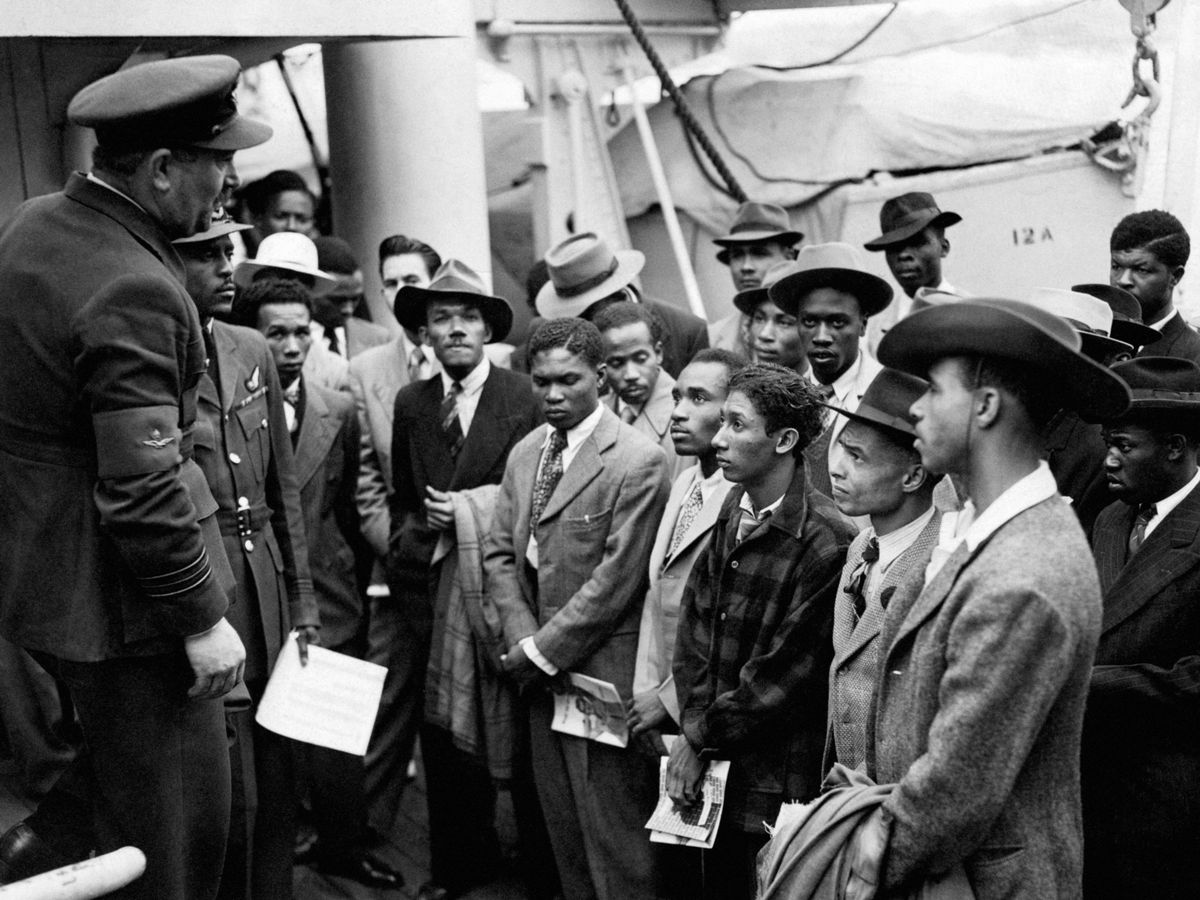As weird as it might sound with all the fuss around Brexit, the UK is one of the world leaders when it comes to embracing racial diversity in the country. Tolerance and equality are topics widely discussed and implemented. It is well displayed in the business world – nowadays, firms mention that they are fair recruiters, meaning they do not base their selection on the ethnicity, race, gender, sexuality or religion of the applicant. Of course, there is always room for improvement and in objective comparison with other countries, the United Kingdom is indeed constantly taking action, and step by step people are becoming less aggressive or judgmental, moving towards a more accepting and understanding society.
Sometimes both people who have never faced racism or social exclusion and those who are part of the so-called “minority group” ask a fair question: if people want equality, why is there a need for a special day? Black History Month is an annual observance event dedicated to remembering and celebrating prominent figures of African descent and their contributions to society. We are currently in Black History Month, and it is worth trying to answer a question like that using a theory of change borrowed from management classes.
In 1947, psychologist Kurt Lewin developed a theory of change within a firm, called the Change Process. He claimed that there are three steps to follow when changing anything in an organisation are:
Unfreeze
First, get ready for change. There is a need to work on the strategy, to calculate the risks and mainly prepare people to avoid collective confusion. People’s behavioural defence mechanisms have to be circumvented in order for the change to be successful. Therefore, it is necessary to convince people.
Change
Secondly, the action is taken. Change the elements which were planned to be changed. Face the difficulties, dealing with all the problems and questions that may arise. Work hard and believe in a positive outcome. It is key to guide people through the process.
Freeze
Finally, settle the new manner of working. Closely monitor and control the current situation. Fix it using new approaches if needed. Ask for feedback and compare the past with the present. If the change was positive (the present is better than the past), keep calm until another change is needed. After a while, observe comfort returning to its previous levels.
Lewin’s field of interest was clearly not economics. He looked at the world as a physiologist, so his theories were introduced to explain or advise on organisational behaviour. The firm is an easy example of this organisation, but it’s definitely not the only form. As a society, we follow the same pattern of change as a company does. Right now, the United Kingdom is somewhere between stage 2 and 3 of the above-mentioned theory. The change is still being made, but there are also already people who are truly open-minded, and their humaneness is within their comfort zone. There are also other countries in which the people are in the first stage, since they do not yet consider change as something necessary. Some just have started to fight for human rights and equality, which is a big step to take. Since less developed countries exist, the UK has to commit to not only being proactive with its own development, but also to lead the way by showing how change is done.
Finally, if we take a closer look at the model, we can realise that it is cyclical and progressive. This means that once one problem is solved, more situations will probably arise that will demand change. On the other hand, the changes already made should always be discussed and carefully observed. That is why we need people to give speeches, to gather in minority group organisations, to protest and stand up for their rights. Change cannot be forgotten. This is why development should never stop.
That is why we need Black History Month.
Image: PA

